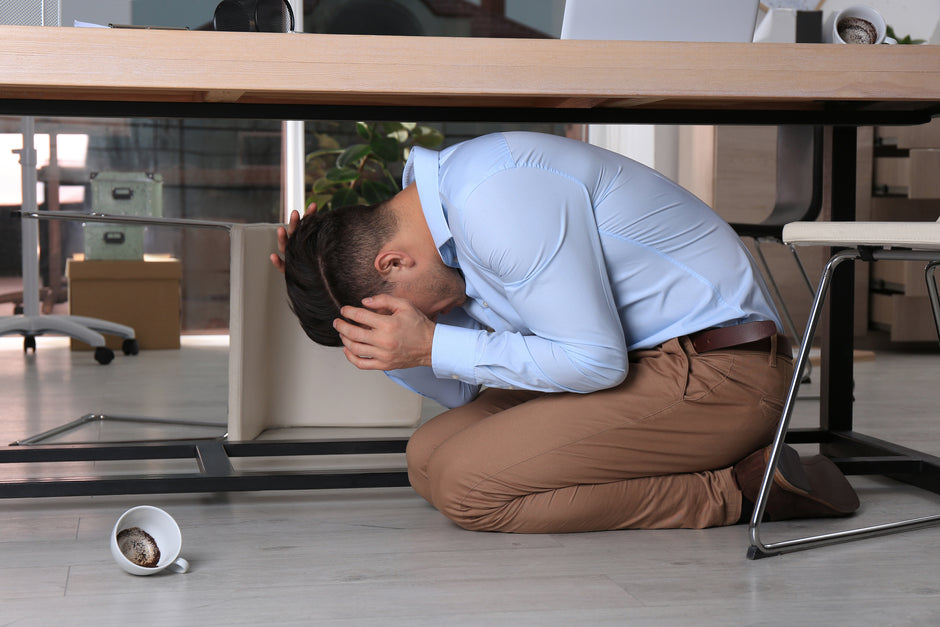During a weather incident or natural disaster, be sure to follow local news and weather reports, as well as state and local government guidance. Then make sure you don’t forget these commonly ignored items in your emergency planning.
- Include cash in your emergency supply kit. During an extended power outage, ATMs and credit card machines may not work.
- Check in with your neighbors to see how you can help each other out before and after a storm.
- Pick an out-of-town person for everyone to contact during an emergency.
- Preparing your family for an emergency is as simple as having a conversation over dinner. Make a plan tonight.
- As part of your family’s emergency supply kit, include games and toys to keep children entertained.
- Get prepared by having an emergency supplies kit already stored. Be sure to keep it updated – some items will expire.
- Snap some pictures, or make a video, of your property and create an inventory for insurance purposes.
- 30: The number of days it takes for flood insurance to begin. The time to buy is when it’s dry.
- If you rely on public transportation, contact your local emergency management agency about evacuation procedures before a hurricane.
- Make a list of the things you would need or want to take with you if you had to leave your home quickly.
- Prepare your car for winter: keep your gas tank near full to help avoid ice in the tank and fuel lines.
- Make a plan to check on neighbors if extreme cold or winter weather knocks out your power.
- Learn how to shut off the utilities where you live, including water, electricity and gas.
- #PrepTips: Take a first aid and CPR class.
- Plan how you will leave and where you will go if you are advised to evacuate. Don’t forget to include pets in your plans!
- Assemble supplies for a “go-bag” you can carry if you need to evacuate
- Make or purchase a portable emergency kit for your car, truck or RV.
- Save. Save. Save. Your emergency savings can help you get life saving items like food, shelter, and water in an emergency.
- 48% of people have an emergency fund, which gives them the savings to overcome simple emergencies and in some circumstances may even save their lives.







